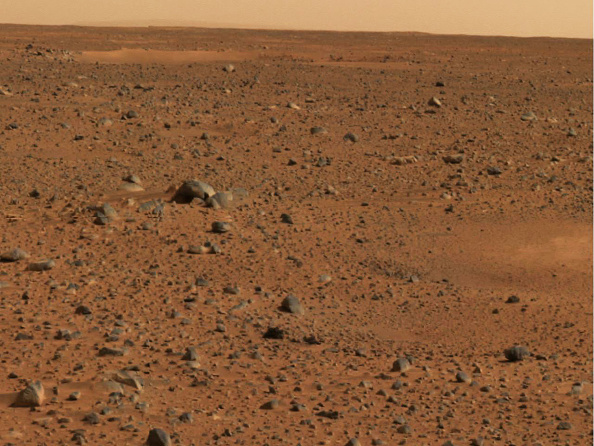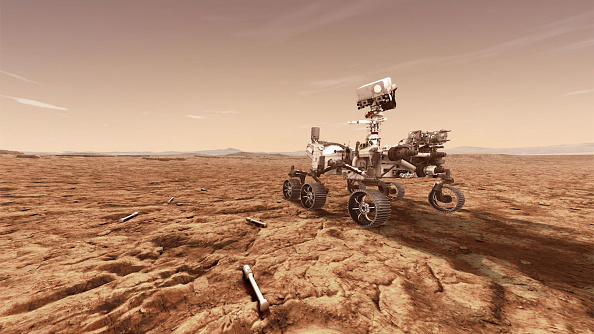NASA’s Perseverance Rover discovers another hint of life in the Red Planet. Experts said that the newly-discovered organic chemicals are considered the building blocks of life development.

First observed in Mars’ Jezero Crater, the new carbon-containing chemicals were found in some rocks located in the area. This new space discovery was announced on Dec. 15.
But, before you get excited, NASA clarified that the new organic chemicals are not a sign or detection of life. Researchers explained that further observation and study are needed since the chemicals could be produced non-biologically or biologically, as reported Space.Com.
NASA Perseverance Rover’s New Mars Discovery
According to Independent UK’s latest report, NASA saw the organics’ presence multiple times in the Jezero Crater.

On the other hand, Perseverance Rover’s Scanning Habitable Environments with Raman & Luminescence for Organics & Chemicals (SHERLOC) instrument identified the materials in the dust of the dust other Jezero Crater rocks as well.
“What SHERLOC adds to the story is its capability to map the spatial distribution of organics inside rocks and relate those organics to minerals found there,” explained NASA Jet Propulsion Laboratory’s SHERLOC Principal Investigator, Luther Beegle.
He added that the new chemicals were also found in the landing site within Mars’ Gale Crater. You can check this link to see more details.
NASA to Work With ESA to Study Mars’ New Organic Chemicals
Right now, NASA and other space agencies are still trying to find signs of life of the Red Planet. But, they failed to do so for the past years.

Now, NASA wants to work with European Space Agency (ESA) to observe the new organic materials further. They are planning to conduct more experiments as early as 2031.
In other news, NASA’s Hubble Space Telescope was able to capture a photo of a new spiral galaxy called UGC 11537. On the other hand, NASA’s astronauts now consider using vacuum sleeping bags, which could help them prevent vision loss during Mars missions.
For more news updates about Mars and other space-related topics, always keep your tabs open here at TechTimes.
